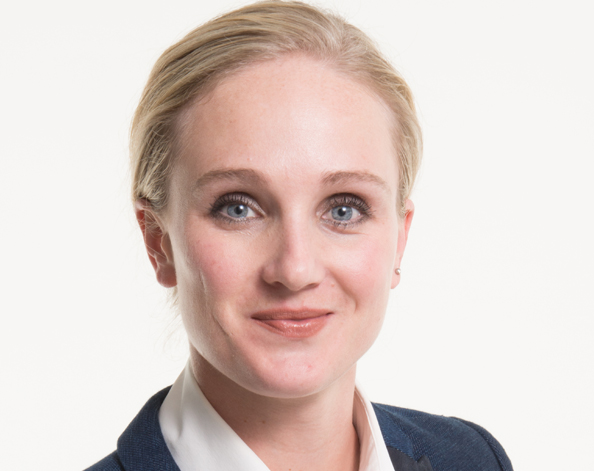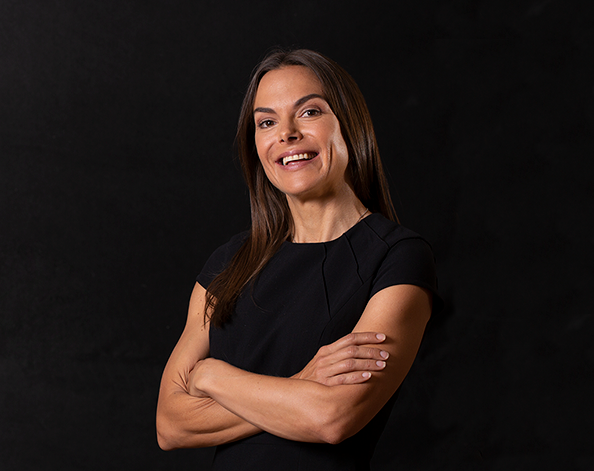It’s a common desire among wealthy families to leave a legacy – either through ensuring the financial well-being or heirs or through meaningful bequests to worthy causes.
However families also face an ever more complex world. A failure to take the complexities of our times into account can mean either a diminished estate from which to distribute assets but also, in some cases, to assets being locked up for years before they can be disbursed.
Families thus need not only to choose wisely from the array of investment options available, but also to astutely navigate the plethora of laws and regulations in order to preserve, grow and transfer their wealth in the most efficient manner possible.
But the nature of the modern family also presents new challenges. The traditional idea of a nuclear family has given way to a more multifaceted reality, making intergenerational wealth planning more difficult.
Families are less units of generations easily mapped out in a family tree than complex, interacting ecosystems. Second or third marriages, with different sets of children, are now commonplace, while longer life expectancies mean a longer wait before heirs can claim their inheritance, in many cases.
Get Focus insights straight to your inbox
The global family
One of the biggest challenges comes in the ways modern families are dispersed around the globe. Globalisation – one of the key trends of the late 20th century and early 21st century – has not just opened up markets in goods and services, but has also opened up the market for skills.
Top people in different professions are in demand in the world’s key centres of excellence, or where there are incentives to ply their trade. These incentives could be financial (better pay, tax regimes) lifestyle (security, culture, climate) or other benefits (access to health, education and other social goods). Others may simply go where their heart takes them.
This global market began to open up for South Africans in the 1990s, thanks to the end of apartheid and the removal of sanctions, and has continued since. Apart from physical mobility, South Africans are also finding their capital is more mobile than before, thanks to the relaxation of exchange controls over the last 25 years.
It’s no longer unusual for families to be scattered across the continents, with the older generations still based in South Africa but younger generations settled as far afield as the UK, the US, Australia and New Zealand – and many other places besides.
For families managing their intergenerational wealth transfer, this presents a vast array of issues to consider. Chief among these is the need to consider the domicile of both assets and beneficiaries, and how these are governed by the different jurisdictions involved.
It’s no longer a case of simply drawing up a will and expecting all of the different elements to slot into place. To ensure a smooth transition, families need to take into account a number of moving parts. Where family members reside and where assets are situated, significantly impacts how one preserves family wealth and needs to be taken into consideration when drafting a will, for example.

SARS can now gain access to financial information relating to SA tax residents’ offshore dealings, and their offshore structures.
Elizabeth Fick, of Investec’s tax and fiduciary team highlights two particular areas that families need to pay attention to.
First and foremost is the sharing of information between tax authorities in different countries. Regulations like the US Foreign Account Tax Compliance Act (FATCA) and FATCA-like regulations such as the Common Reporting Standard (CRS), mean that information on tax affairs can be shared between tax authorities between countries. The failure to comply in one jurisdiction can thus impact on the processing of an estate and inheritance, Fick warns.
The implementation of FATCA and CRS means that SARS, is likely to discover any undeclared offshore funds. “SARS can now gain access to financial information relating to SA tax residents’ offshore dealings, and their offshore structures,” says Fick.
Secondly, families need to consider different estate tax regimes and duties in different countries, known as situs taxes. Should assets sit in different countries, the estate will be liable to different taxes in those countries.
Fick explains that, on death, South African residents are liable for estate duty based on their worldwide assets. Estate duty is currently levied at a rate of 20% in the case of an estate less than R30m, and at a rate of 25% above that, but there are also situs taxes levied in the US, UK and elsewhere.
“The failure to take situs into account can lead to nasty surprises in the form of estate tax, which in turn can undermine your plans and goals in how you want your assets to be disbursed after your passing. Not only do your heirs risk losing out, but so does any foundation or charity to which you had earmarked funds,” she points out.

With those high rates of tax [like in Nordic countries] often comes a high level of social services, such as free access to quality education, healthcare and security, things you have to pay for in South Africa. So the higher tax burden may well be worth it.
Alexandra Nortier, joint head of wealth management at Investec Wealth & Investment, says issues such as situs and compliance need to be seen in conjunction with asset allocation. Global diversification is key when it comes to building a portfolio for heirs spread out across the globe.
“Heirs may want the option of continuing to hold the assets you’ve bequeathed or of liquidating them. Presumably also, any charity or foundation that you’ve earmarked in your will may choose liquidity over holding the assets. A globally diversified portfolio in shares, bonds and other liquid assets helps them to do so,” she points out.
Families should also look very carefully at the use of trusts where beneficiaries emigrate to other jurisdictions. An example is the US, where a beneficiary may be liable to high rates of tax upon becoming a US taxpayer.
Countries with high tax rate regimes, such as the Nordic countries, often charge a high rate of tax on disbursements from a trust. But Nortier warns that families should look at the big picture when a family member emigrates: “With those high rates of tax often comes a high level of social services, such as free access to quality education, healthcare and security, things you have to pay for in South Africa. So the higher tax burden may well be worth it.”
The importance of a family constitution
A globally dispersed family implies a greater potential for lines of communication to break down between and across generations, leading to conflict. So it perhaps goes without saying that families need to keep those lines of communication open to avoid the pitfalls that can arise, such as the different tax regimes and regulation.
Keeping in regular contact is one thing, but families shouldn’t avoid the often tricky conversations they need to have around finances, however complex and daunting they may be. Failure to do so may lead to complacency or too much of the burden of stewardship of the family wealth falling on one or a few individuals.
“Families that transfer wealth positively are the ones that start the conversation [about wealth] early. They educate and they mentor,” says Nortier.
A family constitution is way of instilling values, managing conflict and allocating responsibilities. A family constitution is a non-binding document that can take many forms but is a robust way to manage the wealth transfer and build consensus around key issues, such as:
- Who runs the family business
- Key ethical and moral issues
- Investment strategies (which can also include ethical issues, such as socially responsible investments)
- Legal documents that need to be drawn up (eg wills and trusts)
- The family’s philanthropic vision
“The family constitution can should provide a road map to deal with all of the tax and estate planning complexities that may arise,” says Fick. “This can then lay the ground work for well-drafted wills and trusts that take into account all of the legal possibilities.”
Complexity needn’t be a hindrance to families in achieving their wealth and legacy aims. With the right building blocks in place, helped by skilled and committed advisers, families should be able to achieve their goals.
About the author

Patrick Lawlor
Editor
Patrick writes and edits content for Investec Wealth & Investment, and Corporate and Institutional Banking, including editing the Daily View, Monthly View, and One Magazine - an online publication for Investec's Wealth clients. Patrick was a financial journalist for many years for publications such as Financial Mail, Finweek, and Business Report. He holds a BA and a PDM (Bus.Admin.) both from Wits University.




